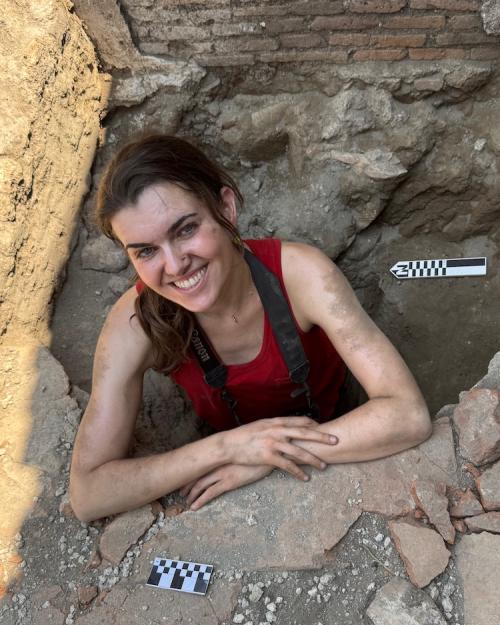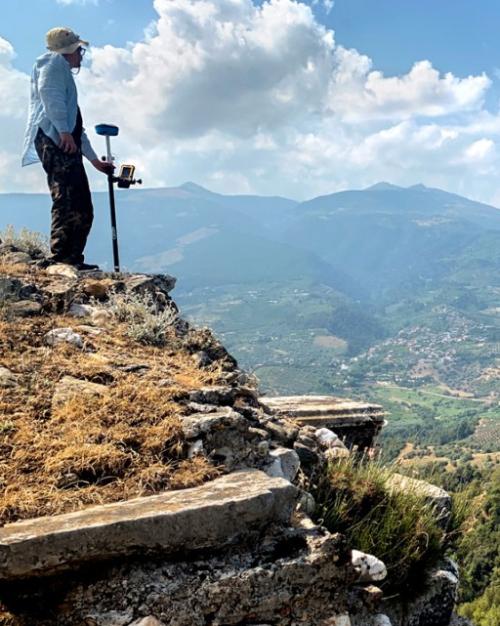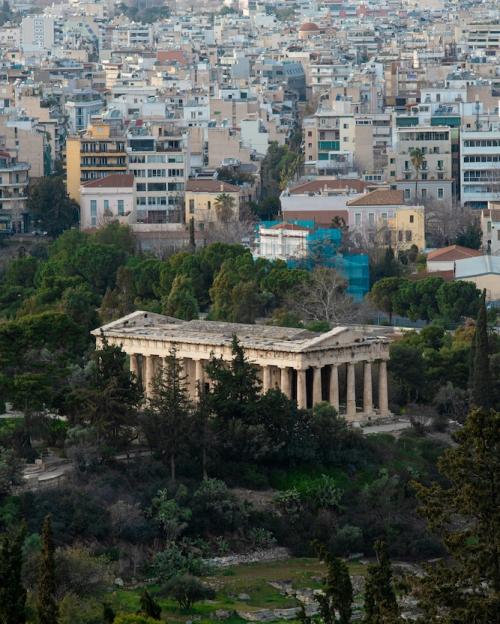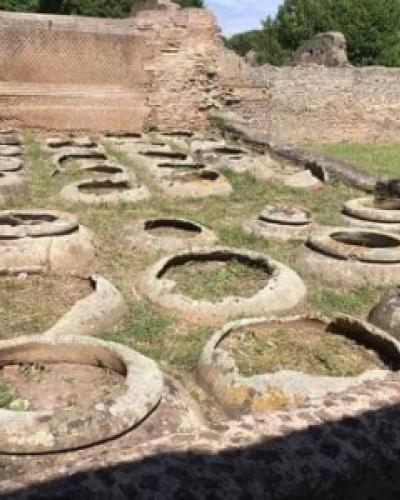How much grain is enough to make it to the next harvest? How much for a lord to appease his subjects? How much is enough to survive, to grow, to flourish? Anthropologists and archaeologists have approached these questions under the banner of surplus. ‘Surplus’ denotes that extra bit that allows some people to be released from the relentless need to cultivate their own foods, and to devote themselves to other endeavours, such as craft production, transport, construction and so on. Surplus is what allegedly propelled the most profound achievements in human history, from the pyramids of the pharaohs to the monumental city of ancient Rome, a pre-industrial metropolis with a population of perhaps more than a million. Accumulation allowed such diversification of human activities – whether the surplus it represented was redistributed via market mechanisms or through a centralised power, whether divided up in a fair or unfair manner. Surplus, as this old story has it, is the basis of civilisation itself.
Read the full story on Aeon.





